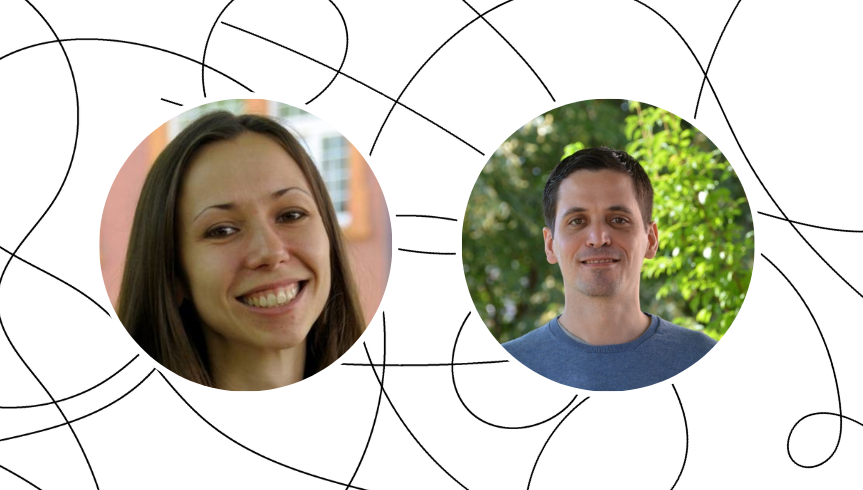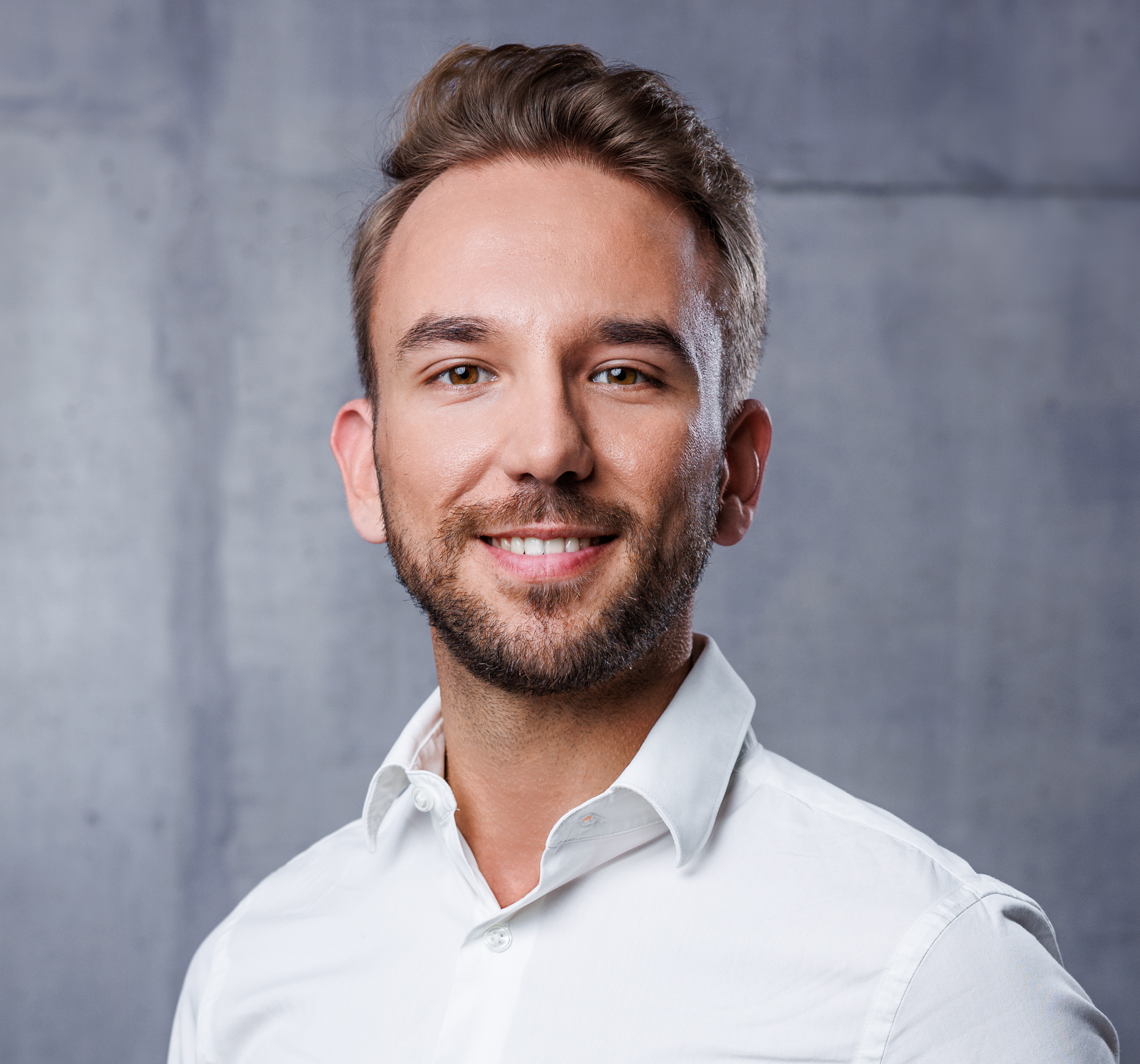Voices of AgEnRes - Interview with Sabine Reinecke and Sylvain Quédeville
Introducing our latest entry on “Voices of
AgEnRes”!
Join us as we sit down with Sylvain
Quiédeville and Sabine Reinecke from FIBL Switzerland to discuss their critical work in our project!

Interviewer: Can you briefly introduce yourselves, your organisation, and the role of the organisation in the AgEnRes project?
Sylvain: I am Sylvain Quédeville, working at the Research Institute of Organic Agriculture in Switzerland for the past 10 years. My focus is on innovation, innovation systems, and the impact of various practices in agriculture. Our role in the project is to build a framework, establish a list of relevant policies for reducing farmers' energy dependence, and identify current or new innovative practices that might be helpful. Additionally, we will define indicators to evaluate and monitor energy dependence, assess the current state, and project future developments. We will support other project partners with these indicators.
Sabine: I’m Sabine, a policy analyst at FIBL Switzerland, the same institution as Sylvain.
Sylvain: FIBL is the Research Institute of Organic Agriculture. We conduct research on animals, soil, crops, socio-economics, and more. Our work includes evaluating the sustainability of farming systems and value chains, performing life cycle assessments, and studying the impacts of various practices on the environment, sociology, and economics.
Interviewer: What are the main challenges you foresee in achieving the project's goals, and how do you plan to address them?
Sabine: As Sylvain introduced, the project is complex because we're working within a system and trying to innovate it. This requires a deep understanding of the system and the possible technologies and policies that can be leveraged. Early on, we need to establish a comprehensive framework for our partners, which involves collaboration and input from all stakeholders. This process is challenging but essential for success.
Sylvain: Stakeholder involvement is crucial but also challenging. We need to be very convincing and ensure strong engagement from all parties.
Interviewer: How do you see the outcomes of this project benefiting farmers and agricultural communities, especially considering the importance of stakeholders?
Sylvain: Farmers often feel isolated, especially during the transition to sustainability. This project addresses energy dependence, which is a major concern, particularly with rising energy costs like the diesel tax in Germany. We aim to provide clear insights into existing policies and how they affect farmers, helping them make informed decisions that ensure sustainability and economic viability. For researchers and the broader community, we will provide tools and databases that advisory organisations and researchers can use to support farmers.
Sabine: In one sentence, the project will offer practical insights and ideas on both technical and political pathways to reduce farmers' energy dependence, which will be highly valuable for practitioners, policymakers, and stakeholders.
Interviewer: Are there any exciting developments or milestones you are particularly looking forward to in the project?
Sabine: I’m excited about the initial stages where we will take stock of innovations and ideas on reducing farmers' energy dependencies. This includes exploring low-cost innovations and new management practices at the farm level. This collaborative effort with our partners will be a highlight.
Sylvain: I agree. The focus on practical solutions is exciting in the short term. In the longer term, I’m looking forward to the development of an app to support farmers, even though we are not directly involved in this part.
Interviewer: Finally, if you could convey one big message to the stakeholders and the wider community about the importance of AgEnRes, what would it be?
Sylvain: For farmers, the key message is the availability of supportive, viable solutions for their farms. For policymakers, it's crucial to develop better policies informed by stakeholder input, ensuring that policies benefit both farmers and society. For researchers, the project offers new models and scenarios for evaluating policies, which will be crucial for future developments.
Sabine: It’s important to encourage stakeholders to get involved and support the project. The project is timely and addresses critical issues affecting many people. Effective communication and participation from stakeholders will enhance the project’s impact.
Sylvain: And for those who don’t want to read the reports, attending our workshops is essential.
Sabine: Yes, there might even be Swiss chocolate at the workshops!
Interviewer: We’ll make sure to announce the Swiss chocolate! Thank you very much.

